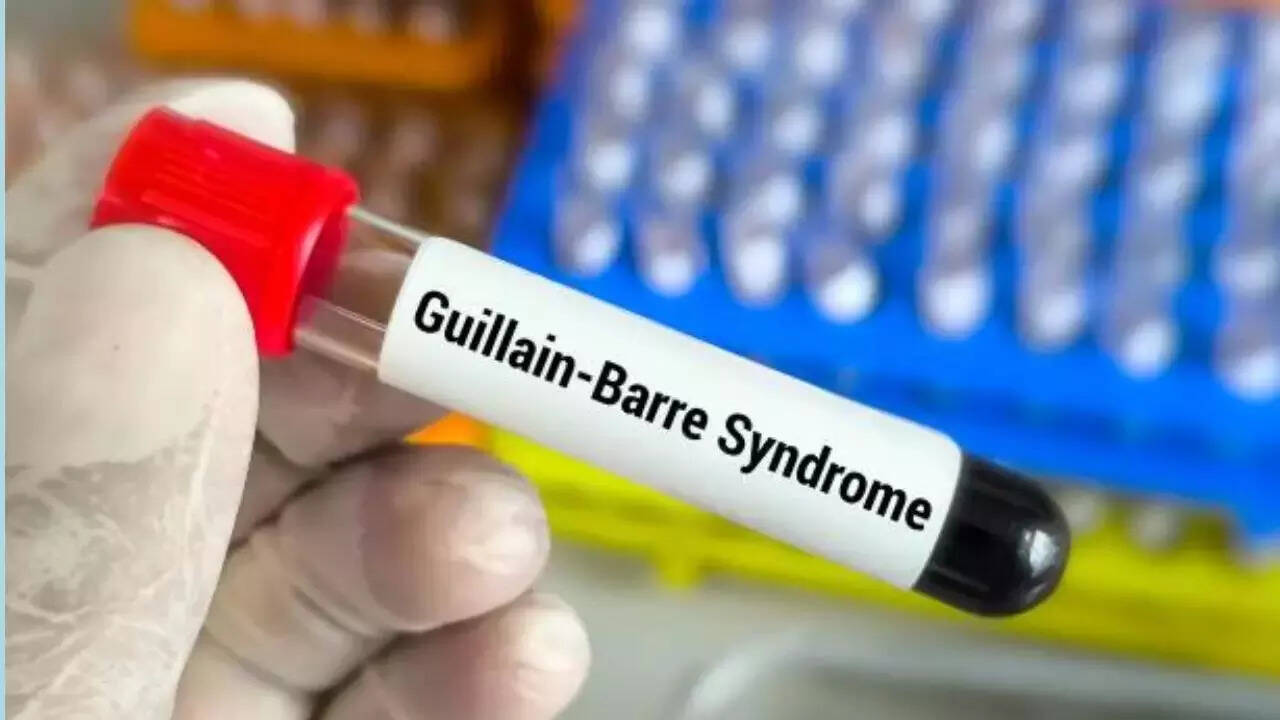- Industry
- 3 min read
Guillain-Barré Syndrome (GBS) patients struggle with mobility weeks after dischare from hospital
Many are facing difficulties in regaining the lower limb strength, hindering their ability to walk independently. Some of them are relying on wheelchairs and walkers.
Many are facing difficulties in regaining the lower limb strength, hindering their ability to walk independently. Some of them are relying on wheelchairs and walkers.
The husband of a GBS patient, who wished to remain anonymous, told TOI, "The condition severely impacted my wife's nervous system and she has to recover. She was discharged from hospital 20 days ago. She is like an infant now. She has to relearn how to walk, eat and even use the washroom. She still needs a walker to move around. Often, she drops food while eating. After a couple of tries, she manages. When she was discharged, she couldn't even hold a glass of water properly. But now she can drink on her own. Swallowing remains difficult, but she is improving," he said.
Dr Ameet Dravid, an infectious disease expert at Noble and Poona hospitals, said there could be a prolonged recovery period for many GBS patients. "Many patients have not yet regained lower limb strength, making it difficult for them to walk properly or return to work. Even after recovery, they continue to face lingering issues. Two of my patients still have lower limb weakness and remain wheelchair-bound."
Tanmay Inamdar, a resident of Dhayari, spoke about his mother's struggle with post-GBS complications. "My mother (51) was hospitalised for about 15 days and was in the ICU for nearly seven days after being diagnosed with GBS. She was recently discharged from the hospital, but the issues persist. She is still bedridden and undergoing physiotherapy. She has not started walking yet. The doctor said it will take another two months for her to walk properly, though she was discharged 15 days ago. The physiotherapists have advised against rushing the process. Another lingering issue is fatigue and weakness. Sometimes, she experiences breathing difficulties and has been provided with an oxygen concentrator. Since my mother is asthmatic, the doctor had warned us that she might have breathing difficulties at times. She still cannot fully grasp objects. She needs help to drink water."
Kuldeep Kshirsagar, another resident of Dhayari, said, "My father (82) was discharged from the hospital two weeks ago, but he still has significant weakness. Even when lying down, he continues to feel a tingling sensation in his left leg. It is still weak. He can walk around the house on his own, but his appetite has drastically reduced, and he is eating significantly less. We have a follow-up appointment with the doctor next week to discuss these issues. The doctor has prescribed tonics and vitamins to help with his appetite, but there has been no noticeable improvement."
Dr Shripad Pujari, consultant neurophysician at Deenanath Mangeshkar Hospital, Pune, said post-GBS complications continue for several patients. "Recovery can take anywhere between one to four months. Some patients recover in a month, while others may take longer. Residual weakness, numbness, tingling, pain and fatigue are commonly reported. Less than 5% of patients remain wheelchair-bound after recovery, but they are expected to improve within six months," he said.
Brother of Dhayari's Suraj Pawar was diagnosed with GBS and returned home on January 28. He said, "My 26-year-old brother still has trouble walking and can only move with our support. Fatigue remains a major issue and the strength in his hands and legs is still low."



COMMENTS
All Comments
By commenting, you agree to the Prohibited Content Policy
PostBy commenting, you agree to the Prohibited Content Policy
PostFind this Comment Offensive?
Choose your reason below and click on the submit button. This will alert our moderators to take actions